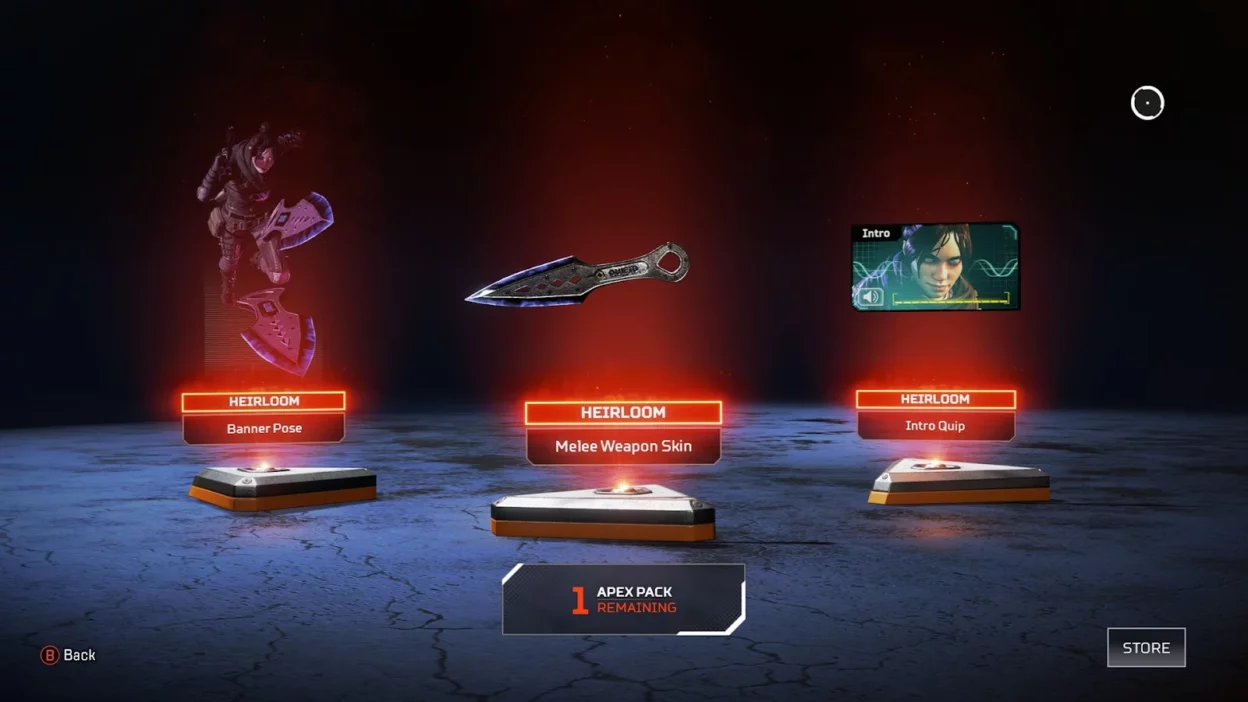Video games have always had their share of rule-benders. In the early days, it was about finding hidden secrets or using cheat codes built in by developers. But what used to be a harmless way to mess around in single-player games has now evolved into a high-stakes, shadowy industry of digital cheating—one that’s growing fast and causing real damage.
Today’s digital cheaters aren’t just looking to mess with AI enemies. They’re disrupting competitive matches, undermining leaderboards, and corrupting in-game economies. With millions of players online at any moment, the temptation to gain an edge—through any means necessary—has turned cheating into a business. And it’s not some underground movement run by hobbyists. It’s organized, profitable, and professional.
Glitches Were Just the Beginning
At first, exploits in games were often accidental. Players would discover bugs—known as glitches—that gave them unintended advantages. Maybe it was walking through walls, duplicating items, or staying invincible. These bugs, once exposed, became viral content. Forums lit up with step-by-step guides on how to trigger them. Some gamers even built reputations around glitch-hunting.
But glitches have limitations. They’re inconsistent, often patched quickly, and usually confined to specific areas of the game. The next step was inevitable: players wanted more control, more reliability, and more power. That’s where hacks and cheats came in—and with them, the rise of digital cheating as a service.
From Ghost Mode to Gamebreaking Power
Modern cheating tools go far beyond exploiting game bugs. They’re designed software, engineered to override or manipulate the game itself. Aimbots, wallhacks, ESP (extrasensory perception), speed boosts—these aren’t tricks. They’re built from scratch to break the rules.
Some cheats are subtle. A slight aim assist here, a boost in movement there—nothing that would instantly trigger suspicion. Others are blatant: teleporting across the map, seeing through walls, or surviving damage that would kill any regular player. Developers call these gamebreaking cheats because they do just that—they break the intended balance of the game.
One common thread across modern cheats is how easy they are to use. Many come with clean user interfaces, customizable settings, and even hotkey toggles. It’s cheating wrapped in user-friendly design. And that’s no accident—companies like StealthCore, which offer these tools, operate like tech startups. Their goal? Make cheating accessible and undetectable.
The Market for Digital Cheating
There’s serious money in this world. Competitive games attract millions of players, many of whom are desperate to win. Whether it’s climbing the ranks in a battle royale or dominating matches in a tactical shooter, the grind is real. And not everyone wants to put in the hours. Some just want results.
That’s where cheat sellers step in. Companies like StealthCore provide tailored hacks for popular games, often with frequent updates to avoid detection. They sell monthly subscriptions, VIP packages, and premium features. In return, customers get the upper hand. It’s pay-to-win, but off the books.
This black market is global. Buyers range from casual players looking for a short thrill to serious competitors who want to maintain their edge. Some use cheats to troll. Others rely on them to stay at the top of esports leaderboards, potentially earning sponsorships and prize money through dishonest means.
Developers vs. Cheaters
Game developers are fully aware of the threat. Anti-cheat systems are now a core part of multiplayer games. From kernel-level detection to AI behavior tracking, studios are investing millions into protecting their games. When they catch cheaters, bans are swift and public.
But the reality is grim: cheaters are often one step ahead. It’s a cat-and-mouse game. Developers patch vulnerabilities; cheat developers find new ones. And because cheat makers now act like software companies, their turnaround time is fast. When one method is blocked, another pops up.
Some developers have started suing cheat providers directly. These lawsuits aim to shut down operations and deter future efforts. But many cheat sellers are based in countries with weak enforcement or legal gray zones. Even if one provider goes offline, a dozen others are ready to fill the gap.
The Human Cost of Cheating
Cheating isn’t just about winning unfairly. It damages the entire gaming experience. Players lose trust in the system. Competitions become meaningless. Casual players get discouraged and drop out. Developers suffer brand damage and lose revenue.
In ranked environments, cheaters warp the ladder. High-rank players often find themselves facing opponents who seem unnaturally good. Worse, those players might never know they were cheated—they just assume they’re not good enough. That kind of psychological impact can break a player’s motivation to continue.
There’s also a ripple effect. When cheating becomes normalized, more players are tempted to follow. “If everyone’s doing it, why shouldn’t I?” That mindset creates a toxic loop, turning vibrant communities into hostile wastelands.
Social Media and the Glorification of Cheating
Part of the reason digital cheating has exploded is visibility. Clips of insane shots, impossible movements, and invincible plays go viral fast. And not all viewers realize what they’re watching is fake. Some think they’re seeing next-level skill, when it’s really just a well-masked cheat running in the background.
This glamorization has opened the door for influencers and streamers to cheat for clout. Some risk it for views. Others use cheats while pretending to be legit, building massive followings on a lie. When they get exposed, it’s drama—and more views. The cycle feeds itself.
Worse, younger gamers see this and think it’s part of the grind. Instead of learning mechanics, mastering timing, and understanding strategy, they look for shortcuts. They’re taught that results matter more than how you get them.
What Can Be Done?
Fixing this isn’t simple. The technology behind cheats keeps improving. So do the protections. But it’s never enough to just play defense.
A long-term solution has to combine tech with culture. Developers need to keep improving detection. They also need to make cheating less attractive by ensuring fair matchmaking, rewarding legit progress, and being transparent about ban waves.
Players have a role too. Reporting cheaters, avoiding cheat sellers, and refusing to glorify shady behavior are part of the defense. If a game’s community builds its identity around fair play, it becomes harder for cheating to thrive.
The Bottom Line
Digital cheating isn’t going away. The tools are too advanced, the market too profitable, and the temptation too strong. Companies like StealthCore and others have found a niche selling high-performance cheats to eager buyers—and the demand isn’t slowing down.
But just because the problem is complex doesn’t mean we should accept it. Cheating ruins games. It erodes trust. And in a world where online competition is only getting bigger, fair play matters more than ever.

Lexy Summer is a talented writer with a deep passion for the art of language and storytelling. With a background in editing and content creation, Lexy has honed her skills in crafting clear, engaging, and grammatically flawless writing.



